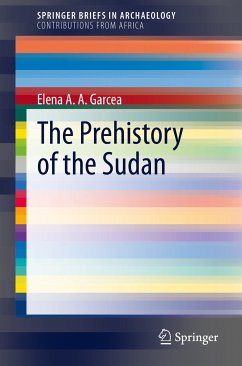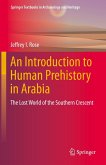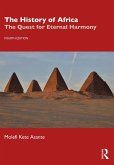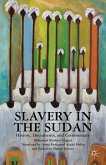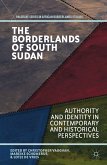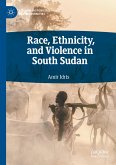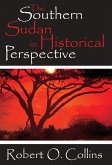Sudan played a crucial role in the development of ancient human behavior and societies and was part of an extensive network encompassing faraway areas of Africa, such as Chad, the Sahara, Egypt, Eritrea, Ethiopia, and Kenya, as well as Asia, namely the Levant, the Middle East, the Arabian Peninsula, and India. The archaeology of this country has been explored and appreciated since the 1700s and more than 30 national and international research teams are currently active. New remarkable discoveries are unearthed every year, which are analyzed with the most up-to-date scientific techniques, and offer a prominent contribution to the general theoretical and methodological panorama of world archaeology. Beside the Nile Valley, the various geographical regions of Sudan - the deserts, savannas, and other watercourses to the west and east of the main river - are attentively taken into consideration as they formed a regional synergy that equally contributed to the far-reaching influence of Sudan's inhabitants.
This book is particularly addressed to Africanist archaeologists who study other parts of Africa; to prehistorians investigating other parts of the world; to archaeology students and teachers interested in having a global view on human adaptation and behavior in ancient Sudan; to science journalists, and to antiquity admirers and learned tourists who travel to Sudan and Nubia.
Dieser Download kann aus rechtlichen Gründen nur mit Rechnungsadresse in A, B, BG, CY, CZ, D, DK, EW, E, FIN, F, GR, HR, H, IRL, I, LT, L, LR, M, NL, PL, P, R, S, SLO, SK ausgeliefert werden.
"This is an excellent volume, full of new details and enriched by an extensive and up-to-date bibliography of Sudanese prehistoric archaeology, from new archaeometric and functional approaches to material culture to palaeogenetics and biomolecular archaeology. ... The author's goal of putting Sudanese archaeology, which has too often hidden inthe shade of illustrious neighbours, under the spotlight has been brilliantly achieved. This book therefore succeeds exceptionally well in leading Sudanese archaeology on its own journey Out-of-Sudan." (Giulio Lucarini, Azania, Archaeological Research in Africa, April 13, 2021)

